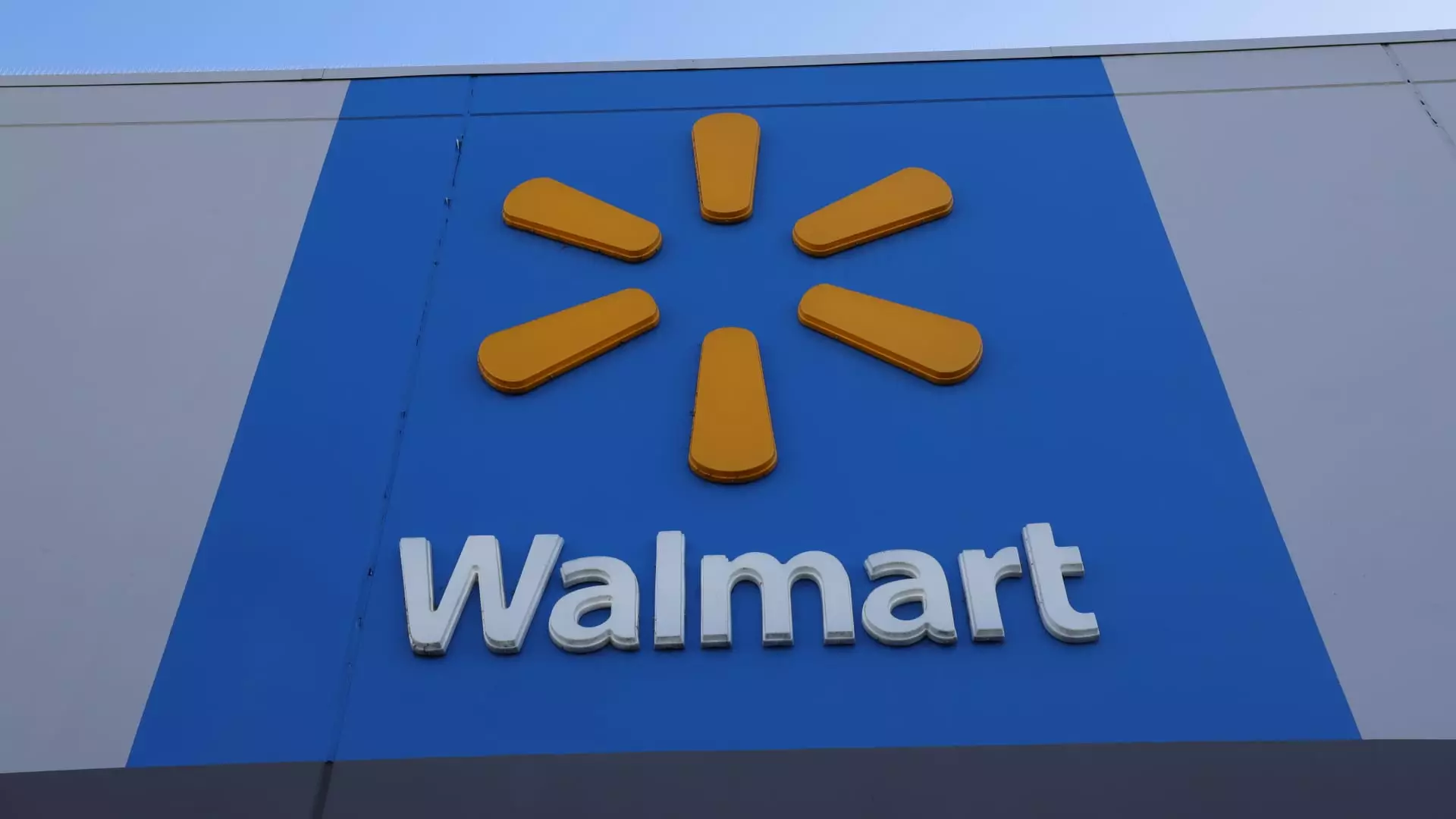In a significant move that has sparked widespread discussion, Walmart, the largest employer in the United States, recently announced the discontinuation of several of its diversity initiatives. This development comes amid a shifting corporate climate marked by increasing pressure from conservative activists and reactions to recent legal changes concerning affirmative action. As more companies reassess their diversity, equity, and inclusion (DEI) strategies, the implications of Walmart’s decisions provide a lens through which to explore the evolving landscape of corporate social responsibility, stakeholder expectations, and the ongoing dialogue surrounding LGBTQ rights.
Understanding the Context of Changes
Walmart’s announcement aligns with a broader trend of companies reevaluating their diversity programs, particularly in light of conservative backlash and the U.S. Supreme Court’s recent ruling that struck down affirmative action policies in college admissions. The retail giant has followed the lead of other corporations, such as Tractor Supply and Lowe’s, which have also scaled back their DEI efforts. These actions highlight the growing tension between corporate initiatives aimed at social equity and the demands of a vocal segment of consumers who oppose such measures. Walmart’s commentary on wanting to “foster a sense of belonging” appears to conflict with its decisions to curtail diversity efforts, raising questions about the sincerity and effectiveness of corporate community engagement amidst external pressures.
Among the most notable changes, Walmart has specified that it will no longer permit the sale of certain LGBTQ-related merchandise, particularly items targeting transgender youth. This decision underscores a significant shift in the company’s approach to inclusivity, reflecting an overarching narrative of retreat from progressive policies. Additionally, the discontinuation of the Center for Racial Equity—established with a pledge of $100 million in the wake of civil unrest—demonstrates a stark pivot from the activism initially sparked by the tragic death of George Floyd. This center was envisioned as a tool for combating systemic racism, and its winding down raises alarms about Walmart’s commitment to equity in the broader societal context.
Furthermore, Walmart’s reevaluation extends to terminologies reflective of its diversity commitments; the title of Chief Diversity Officer has been altered to Chief Belonging Officer, signaling a shift in focus from structured diversity initiatives to a more generalized sense of belonging. This semantic change can be interpreted as an attempt to mitigate scrutiny while maintaining some semblance of commitment to inclusiveness, yet it diminishes the clarity and accountability associated with established DEI frameworks.
The relationship between corporate entities and activist groups is becoming increasingly polarized. Walmart’s retreat appears in direct response to pressures from conservative activists like Robby Starbuck, who have encouraged boycotting companies that prioritize DEI. The retailer’s dealings with Starbuck illustrate the growing power of grassroots activism in shaping corporate strategies. As public sentiment becomes more divided, corporations may find themselves at a crossroads, balancing profitability and public image against ethical responsibilities toward marginalized communities.
Moreover, the backlash against companies like Anheuser-Busch and Target, which have faced declining sales due to their LGBTQ-friendly marketing campaigns, exemplifies the risk-benefit analysis that many companies are currently conducting. Walmart’s statement about changing based on the needs of its associates and customers reflects a broader trend where companies feel pressured to align their policies with prevailing consumer sentiment, often at the expense of previously vocal commitments to diversity.
The Future of Corporate Diversity Initiatives
The current trend symbolizes a critical juncture for corporate America, as organizations reassess their stances in light of shifting public discourse. While Walmart may assert its desire to be a retailer for “everyone,” the recent changes have raised concerns over the authenticity of that commitment. The broader implications of these decisions extend beyond Walmart, prompting discussions about the sustainability of DEI initiatives in a climate punctuated by partisanship and activism.
As companies navigate this complex landscape, it remains to be seen whether they will rediscover a balance between responding to social and political pressures and holding steadfast to inclusive practices that genuinely benefit diverse communities. The challenge lies in maintaining accountability while adapting to changing expectations, all while fostering a truly equitable environment for both employees and customers alike.

